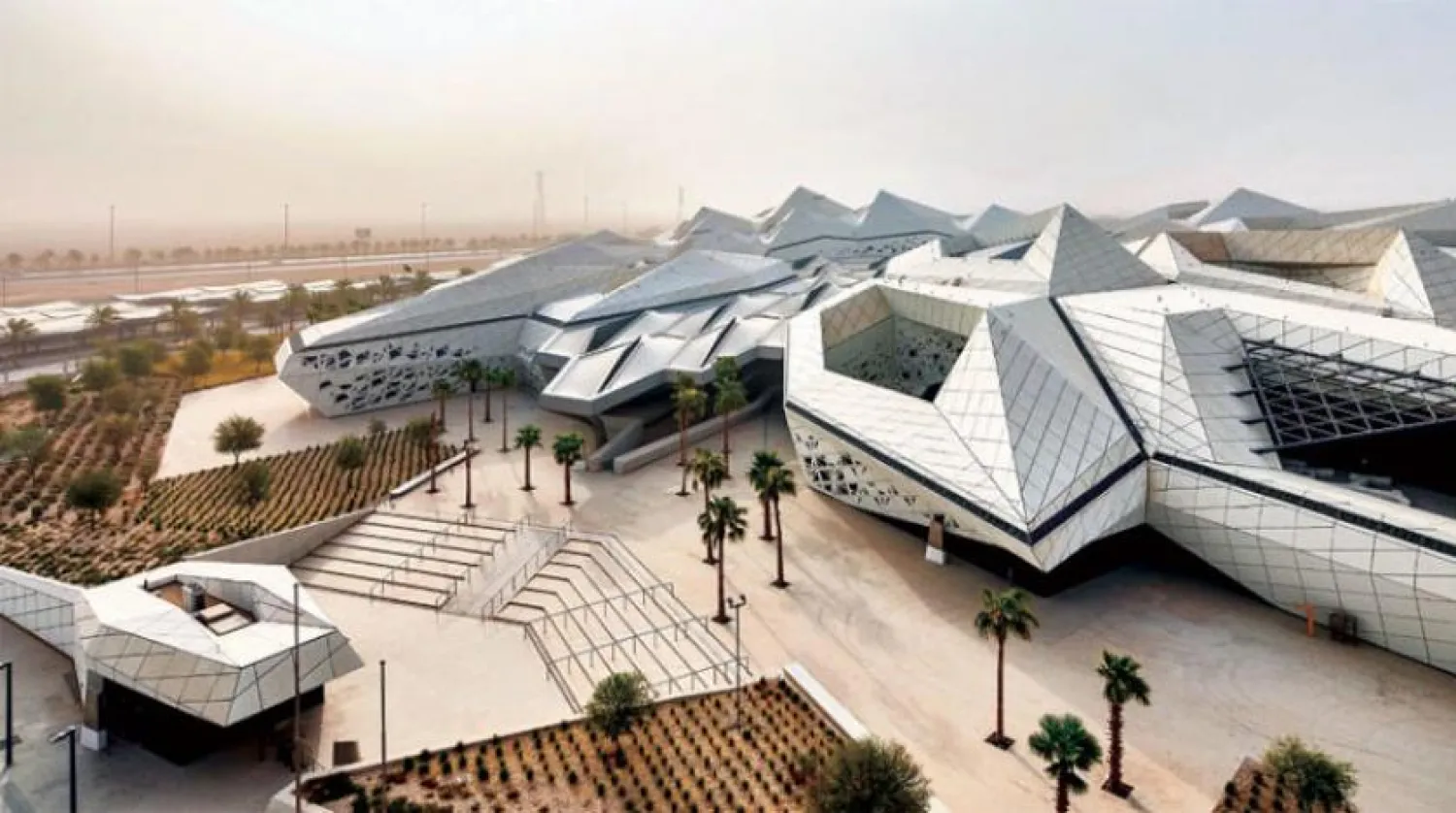The King Abdullah Petroleum Studies and Research Center (KAPSARC) revealed that the global oil market is going through an extraordinary period, which requires greater international cooperation.
The scale of the current disruption is too big for the Organization of the Petroleum Exporting Countries (OPEC) to rebalance the market alone, it said in a study published recently.
Entitled “The world needs OPEC, but OPEC can’t go it alone,” the research paper pointed out that the collapsed OPEC+ agreement and the coronavirus outbreak have put OPEC and the value of its role in the market back into the spotlight.
KAPSARC previously said that OPEC’s ability to measure and offset oil market shocks through the use of its spare production capacity has been a substantial stabilizing force, perhaps reducing oil price volatility by as much as half.
It found that the reduction in oil price volatility caused by OPEC’s spare capacity generates between $170 and $200 billion of annual economic benefits for the world economy.
According to the study, the twin shocks of a significant increase in global supply and a remarkable fall in oil demand appear to have no parallel in history.
It pointed out that there are very few effective remedies available beyond physically restricting global supply.
In recent years, as the size of the oil market has expanded, market stabilization efforts have necessitated greater collaboration between OPEC and non-OPEC countries, together forming OPEC+.
“However, in the face of this particular disruption, reaching a consensus on further and additional supply restrictions proved out of reach for this expanded group.”
The result of the no-deal was another blow to market sentiment. Oil market volatility is now at an all-time high, with the turmoil in the global financial system further exacerbating the situation and making it more difficult for OPEC and its supporting countries to attempt to stabilize the market.
US shale oil cannot rapidly offset unanticipated shocks of such a magnitude as the present one, KAPSARC stressed.
“Given the greater elasticity of US shale than that of conventional supply, and the prevailing headwinds that shale producers were already facing before prices crashed, these producers will be hit first and hardest under the current scenario.”
OPEC’s mission to stabilize the oil market by balancing supply is but one part of a larger set of remedies that exist in the market to help manage oil price risks.
“These include both private and public mechanisms such as precautionary inventories, hedging offered through the financial markets, longer-term contracts, and government stockpiles.”
The study concluded that OPEC can balance supply and demand, noting that these market stabilization efforts provide benefits for the world economy.
It highlighted the necessity of international cooperation with OPEC to find a solution for the current crisis which is in no one’s best interest.









